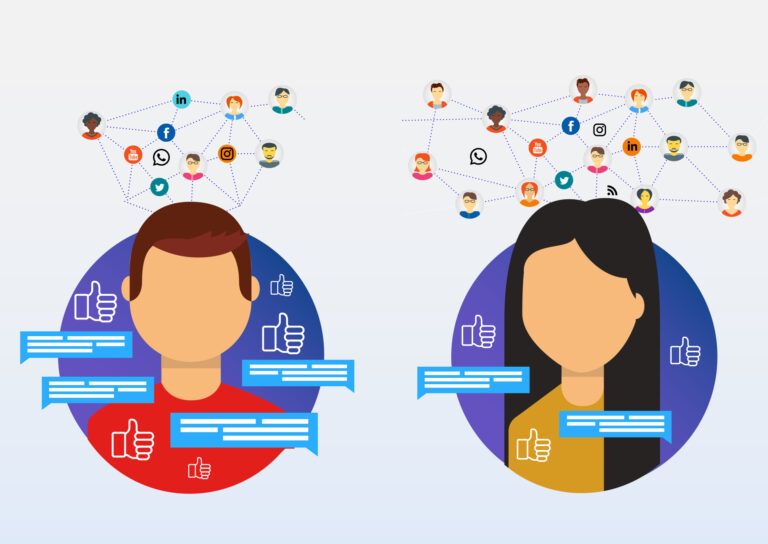Cyabra’s latest investigation into #BoycottBurgerKing, the recent negative online discourse surrounding Burger King, has uncovered a significant contingent of fake profiles driving the discussion. This wave of negative content has fueled an online boycott against the fast-food giant, driven by extremely viral posts from inauthentic accounts. Here’s a detailed look at the findings.
TL;DR?
- 37% of the discourse surrounding Burger King on X was negative, with a potential reach of 75 million views.
- 39% of the profiles discussing the brand were fake, accounting for 58% of all potential views of negative content. The reach of the fake profiles alone was 44 million views.
- The online boycott against the brand was tremendously amplified by one fake account that reached hundreds of thousands of views
Burger King Gets Roasted
Over the recent months, a wave of negativity against Burger King has spread on X. Complaints about prices, taste, and overall discontentment were trending highly. Cyabra detected that 37% of all X posts regarding Burger King were negative, which, compared to positive content, represented an increase of over 192%.
The negative discourse quickly transformed into a boycott campaign featuring the hashtag #BoycottBurgerKing, which gained over 40,000 interactions and a potential reach of over 75 million views within a single month.
The boycott against Burger King gained huge momentum when a fake X, created in October 2023, shared a negative post that quickly gained traction. The post reached 182,000 views and received numerous supportive comments, many of which also came from fake accounts.
Fake Profiles Fan the Flames
Cyabra’s analysis found that inauthentic profiles played a significant role in driving the negative online discourse around Burger King. In fact, 39% of all conversations surrounding Burger King over the month of the boycott were driven by fake accounts. These profiles were particularly active on May 29 and 30, when negative conversations peaked with 170 posts and comments advocating for a boycott, potentially reaching an audience of 5.4 million views during those two days.

The content created by these fake profiles amplified the backlash against Burger King, citing alleged price increases as a primary reason for the boycott. This coordinated activity significantly influenced public perception, with fake profiles accounting for 58% of all potential views of negative content, reaching a staggering 44 million views.
Battling Bots Attacking Your Brand
While the fake profiles consisted of less than half of the accounts involved in the negative discourse around Burger King (39%), they actually dominated most of the conversation, reaching 44 million views out of 75.
The prevalence of fake profiles in discussions about Burger King highlights the urgent need for effective strategies to safeguard the brand’s online presence. To counter the influence of these inauthentic accounts, brands like Burger King can adopt the following approaches:
- Utilizing advanced AI technology to identify fake accounts that spread misleading narratives
- Regularly monitoring social media platforms to detect and address suspicious activities and fake profiles in real-time
- Promptly responding to and neutralizing the impact of posts generated by fake profiles
By integrating these strategies, brands can protect themselves from the harmful effects of coordinated fake profile campaigns.
For real-time solutions to identify and combat the threat posed by fake profiles to brand reputation, contact Cyabra.


